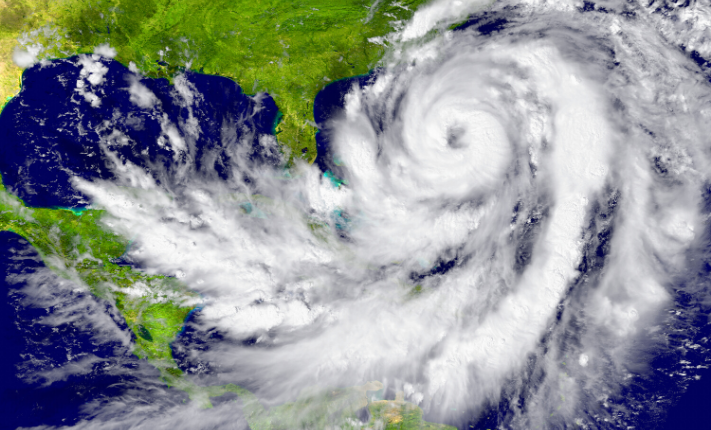Posted by Michele Redmon ● June, 2020
Preparing for Hurricane Season
The strength of a hurricane’s winds determines its intensity, and hurricanes can have different intensities and levels of damage. The Saffir-Simpson Hurricane Wind Scale categorizes hurricane severity on a scale from 1 (weakest) to Category 5 (most intense). Regardless of whether an impending hurricane is Cat 1 or Cat 5, if you live in affected areas, you will need to prepare for hurricane season in order to weather the storm.

Read on to learn a few ways to prepare for hurricane season.
1. Keep emergency supplies on hand
The United States Department of Homeland Security has created a website, www.ready.gov, where visitors can learn more about putting together a disaster supplies kit. This kit can be useful for hurricanes and other severe weather events that may happen where you live.
Ready.gov’s suggested basic emergency supplies kit items include bottled water, non-perishable food, battery-powered radio, a flashlight, first aid kid, cell phone with chargers and backup battery. Persons with health problems should ensure that prescription medications and other essentials are also part of the emergency supplies kit. Finally, in the era of COVID-19, your emergency supplies list should also include cloth face coverings, soap, hand sanitizer, and disinfecting wipes.
It is a good idea to prepare an emergency supply kit before hurricane season begins. The Federal Emergency Management Administration (FEMA)’s full recommended emergency supply list can be found here.
2. Create an evacuation plan
If you live along the coastline or in a mobile home, you may need to evacuate your house if impacted by a hurricane. That’s why you will want to create an evacuation plan well before hurricane season. Learn about the nearest shelters (and whether their operations have changed due to COVID-19), remember to include your pets in your plan, and take important documents with you.
You may also consider doing a trial run of your evacuation. Keep in mind that this plan may be much different this year than in years past due to the ongoing pandemic, so remember to update any existing plans you may have for the practical limitations imposed by COVID-19 – this may include social distancing at shelters or elsewhere, reduced hours at gas stations and grocery stores, and reduced occupancy of hotels and other establishments.
3. Review insurance policies and protect your home
Before hurricane season, review insurance policies and make sure your home has proper coverage. Since many people are spending a lot of time at home, it is also a good time to take steps to protect your home from the potentially devastating impacts of a hurricane. Trim extraneous and weak branches of trees and shrubbery which could land on your house.
Consider installing storm shutters, or fitting plywood panels to your windows, which can be nailed to the window frames in the event of an approaching storm. Sliding glass doors are particularly prone to wind damage, and should be covered with wind shutters or plywood during a hurricane. If you live in a mobile home, take steps to secure it against high winds and anchor it to the ground.
4. Invest in a home weather system to track storms
NOAA and other weather agencies will be able to tell you a lot about developing hurricanes. However, sudden changes in weather conditions are becoming increasingly frequent and harder to predict, making it more important for those at risk to keep an eye on them. Doing so may prove to be extremely helpful in fighting/surviving natural disasters, where the stakes are much higher. A home weather station is a wise investment, particularly if you live in regions prone to severe weather, such as hurricanes, thunderstorms, and wildfire. In the case of a hurricane, having access to wind direction and speed, as well as air pressure and precipitation, can provide some indication of the severity and path of the storm as it approaches. Always follow evacuation orders, but if you are sheltering in place outside of the direct path of a hurricane, having real-time updates of the weather outside can be incredibly helpful.
Stay safe this Hurricane Season
Preparing for hurricane season may seem like a chore, but it is essential for you and your family’s safety. Emergency preparedness is essential in the ongoing pandemic as, in the event of an emergency such as a hurricane or other natural disaster, the situation may become very complex. A little preparation can go a long way to help you stay safe.
Back to: Articles, Extreme Weather

